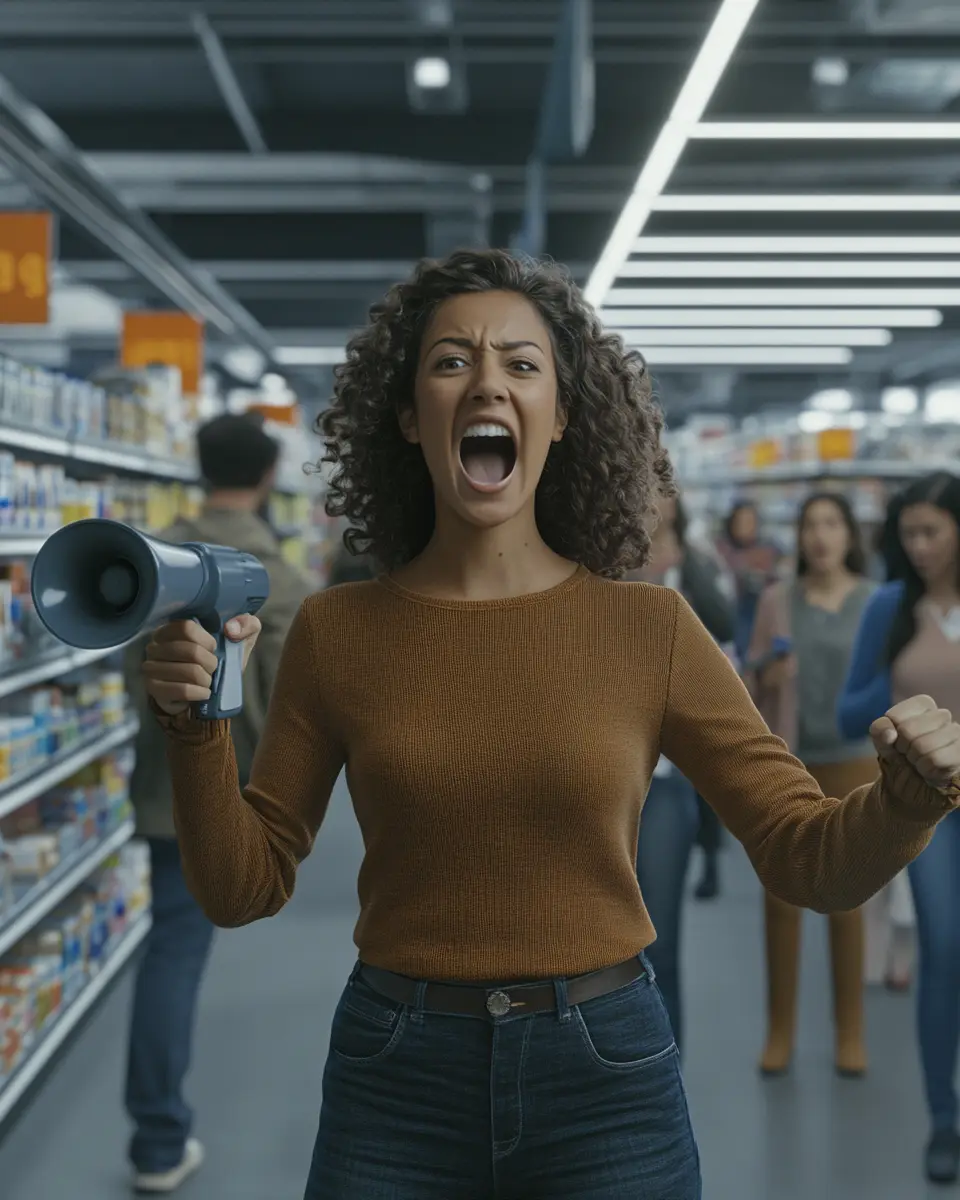Uncovering the Taylor Swift AI Pictures Controversy
In an era where artificial intelligence (AI) seamlessly blends with creativity, the emergence of Taylor Swift AI pictures has ignited widespread debate and concern. This phenomenon represents a pivotal moment in digital content creation, underscoring the delicate balance between innovation and ethics. Taylor Swift, a global music icon, has inadvertently become the face of this controversy, with AI-generated images ranging from the innocuous to the explicit making rounds across various platforms, including Reddit. These developments highlight not only the capabilities of modern AI but also the potential for misuse, raising questions about privacy, consent, and the future of digital rights.

The Rise of AI-Generated Content and Its Implications
The accelerated development of artificial intelligence (AI) has led to the creation of highly realistic, AI-generated photos that are often indistinguishable from real-life images. These AI-generated visuals have permeated various sectors, including social media, advertising, and journalism, significantly impacting the way content is created and consumed.
AI-generated images are primarily produced using deep learning techniques, notably generative adversarial networks (GANs). These networks consist of a generator and a discriminator working in tandem to create photo-realistic images. This iterative refinement process continuously improves the quality of images, resulting in lifelike outputs that can sometimes be hard to distinguish from authentic photographs.
Public Reaction to AI-Generated Taylor Swift Images
Fan Reactions
Swifties, Taylor Swift's loyal fan base, demonstrated immediate and overwhelming support amidst the controversy surrounding the AI-generated images. They actively engaged on social media platforms, particularly on X (formerly known as Twitter), posting positive messages and content to counter the negative impact of the explicit images shared without Swift's consent. This collective action highlights the strong community and protective instinct of Swift's fans, though the struggle against such misuse of AI technology continues.

Reactions from Authorities and Legislators
The explicit AI-generated images of Taylor Swift not only captured public attention but also prompted swift legislative responses. The dissemination of these images led to significant viewer engagement on social media, with one particular image garnering over 45 million views and thousands of reports before being taken down. This incident accelerated the introduction of the DEFIANCE Act by a bipartisan group of senators, aimed at providing individuals with legal recourse against the unauthorized production and distribution of such images.
Ethical and Legal Concerns Surrounding AI Imagery
Privacy and Consent Issues
The rapid advancement of AI in image generation raises significant ethical concerns, particularly regarding privacy and consent. AI-generated images can be startlingly realistic, which while beneficial for some applications, poses serious risks when used for creating deepfakes or counterfeit images that could harm an individual's reputation.

The Role of Social Media Platforms
Social media platforms are increasingly utilizing artificial intelligence (AI) to address the challenges posed by the vast amounts of user-generated content they host. YouTube, for example, is implementing policies to enhance transparency and responsible AI use. Creators will soon be required to disclose any AI tools used in their content, particularly when making realistic alterations. This disclosure will be clearly labeled in the video descriptions and, for sensitive topics, more prominently on-screen.
Content Moderation
Content moderation on social media platforms has become a complex task that requires innovative solutions, especially to combat cyberbullying and exposure to inappropriate content. Platforms like Facebook and YouTube have turned to AI to improve the efficiency and effectiveness of their content moderation. Facebook's AI systems, such as Deep Text and FastText, help detect and flag problematic content, claiming to identify 90% of flagged content before human moderators.
Conclusion
Throughout this discussion, we've navigated the complex terrain of AI-generated images, particularly those associated with Taylor Swift AI images, diving deep into the technological advancements, societal reactions, and the ensuing ethical and legal implications. The core arguments highlighted the swift emergence of these AI technologies, their impact on privacy, consent, and intellectual property rights, and the broader societal and legal challenges they pose.
See All AI Tools















